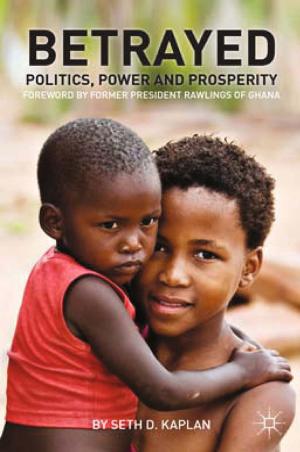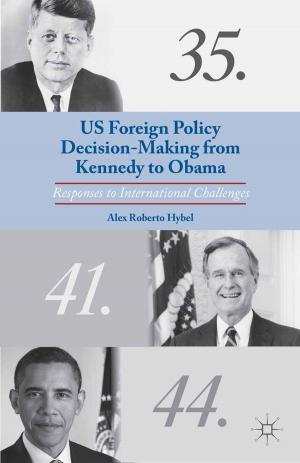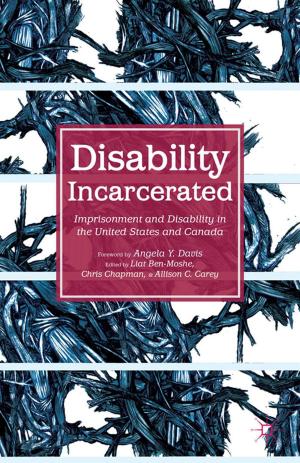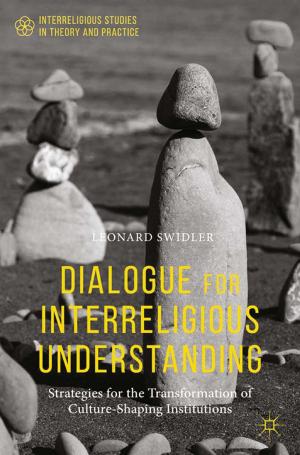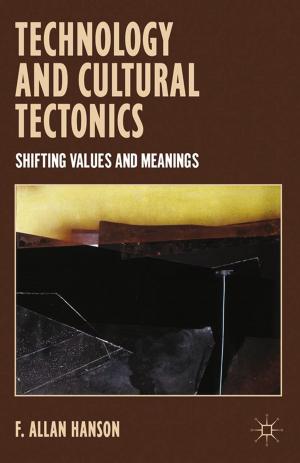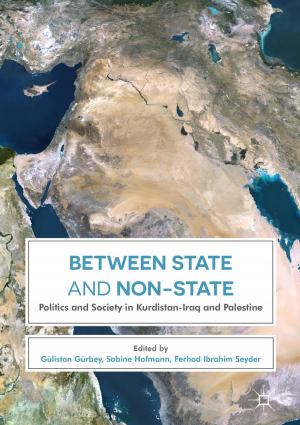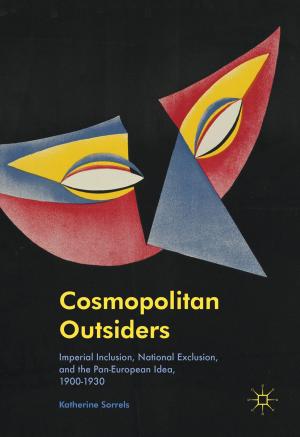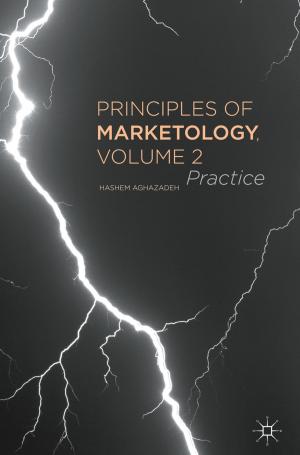Religious Language and Asian American Hybridity
Nonfiction, Religion & Spirituality, Christianity, General Christianity, Social & Cultural Studies, Social Science| Author: | Julius-Kei Kato | ISBN: | 9781137582157 |
| Publisher: | Palgrave Macmillan US | Publication: | August 10, 2016 |
| Imprint: | Palgrave Macmillan | Language: | English |
| Author: | Julius-Kei Kato |
| ISBN: | 9781137582157 |
| Publisher: | Palgrave Macmillan US |
| Publication: | August 10, 2016 |
| Imprint: | Palgrave Macmillan |
| Language: | English |
In this book, Julius-Kei Kato lets the theories and experiences of Asian American hybridity converse with and bear upon some aspects of Christian biblical and theological language. Hybridity has become a key feature of today’s globalized world and is, of course, a key concept in postcolonial thought. However, despite its crucial importance, hybridity is rarely used as a paradigm through which to analyze and evaluate the influential concepts and teachings that make up religious language. This book fills a lacuna by discussing what the concept of hybridity challenges and resists, what over-simplifications it has the power to complicate, and what forgotten or overlooked strands in religious tradition it endeavors to recover and reemphasize. Shifting seamlessly between biblical, theological, and modern, real-world case studies, Kato shows how hybridity permeates and can illuminate religious phenomena as lived and believed. The ultimate goal of the move toward an embrace of hybridity is a further dissolution of the thick wall separating ideas of "us" and "them." In this book, Kato suggests the possibility of a world in which what one typically considers the "other" is increasingly recognized within oneself.
In this book, Julius-Kei Kato lets the theories and experiences of Asian American hybridity converse with and bear upon some aspects of Christian biblical and theological language. Hybridity has become a key feature of today’s globalized world and is, of course, a key concept in postcolonial thought. However, despite its crucial importance, hybridity is rarely used as a paradigm through which to analyze and evaluate the influential concepts and teachings that make up religious language. This book fills a lacuna by discussing what the concept of hybridity challenges and resists, what over-simplifications it has the power to complicate, and what forgotten or overlooked strands in religious tradition it endeavors to recover and reemphasize. Shifting seamlessly between biblical, theological, and modern, real-world case studies, Kato shows how hybridity permeates and can illuminate religious phenomena as lived and believed. The ultimate goal of the move toward an embrace of hybridity is a further dissolution of the thick wall separating ideas of "us" and "them." In this book, Kato suggests the possibility of a world in which what one typically considers the "other" is increasingly recognized within oneself.

